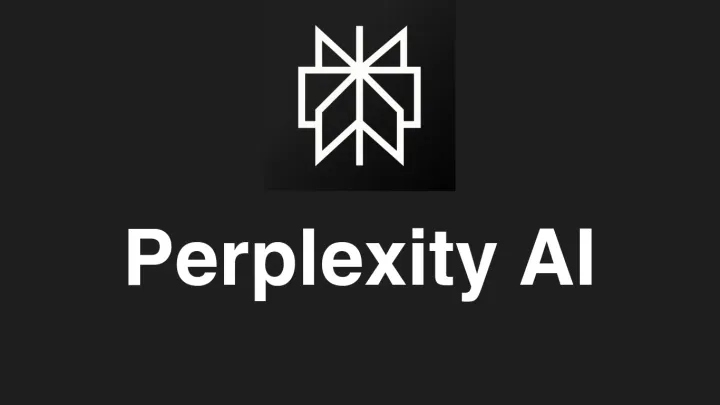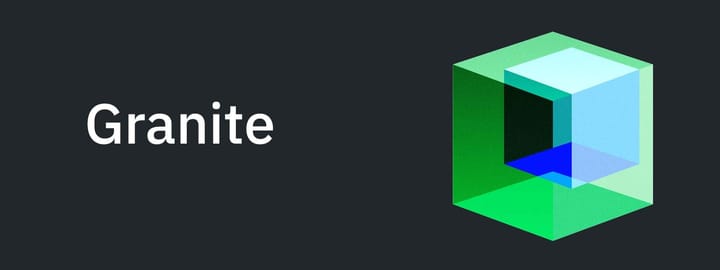OpenAI Counters New York Times Copyright Lawsuit, Alleges "Hacking" of ChatGPT
The lawsuit, initiated by the Times in December against OpenAI and its primary investor Microsoft, accuses them of utilizing millions of Times articles without authorization to train chatbots.

OpenAI has launched a robust defense against the New York Times' copyright lawsuit, accusing the newspaper of "hacking" its chatbot, ChatGPT, and other AI systems to fabricate evidence for the case. In a filing submitted to a federal judge in Manhattan on Monday, OpenAI urged the court to dismiss parts of the lawsuit, asserting that the Times employed deceptive tactics to manipulate its technology, according to report by Reuters.
The crux of OpenAI's argument lies in the claim that the Times induced its technology to replicate copyrighted material through "deceptive prompts" that flagrantly violate OpenAI's terms of use. OpenAI contends that the Times, rather than adhering to journalistic standards, resorted to hiring someone to tamper with its products, an act which the company terms as "hacking."
However, the Times swiftly rebuffed OpenAI's allegations, with attorney Ian Crosby denouncing the characterization of their actions as hacking. Instead, Crosby emphasized that the Times merely utilized OpenAI's products to ascertain evidence of copyright infringement, a legitimate pursuit within legal boundaries.
The lawsuit, initiated by the Times in December against OpenAI and its primary investor Microsoft, accuses them of utilizing millions of Times articles without authorization to train chatbots. This legal battle is part of a broader trend where copyright owners across various domains, including authors, visual artists, and music publishers, are challenging tech companies over alleged misuse of their work in AI training.
Amidst this legal turmoil, tech companies like OpenAI maintain that their AI systems operate within fair use boundaries, safeguarding the growth of the burgeoning AI industry. However, courts have yet to address the pivotal question of whether AI training qualifies as fair use under copyright law, leaving the issue unresolved.
The Times' complaint highlighted instances where OpenAI and Microsoft chatbots provided users with near-verbatim excerpts of its articles upon request, accusing them of attempting to capitalize on the newspaper's journalistic investment and create a substitute for its content. OpenAI, on the other hand, contends that such anomalous results required numerous attempts by the Times and were not indicative of ChatGPT's typical functionality.
In its filing, OpenAI expressed confidence that it and other AI companies would ultimately prevail in their cases based on the fair-use argument, underscoring the inherent challenge in preventing AI models from acquiring knowledge about factual information.
As this legal saga unfolds, the outcome will undoubtedly shape the landscape of AI development and copyright law, influencing the boundaries of permissible use of copyrighted material in AI systems.




